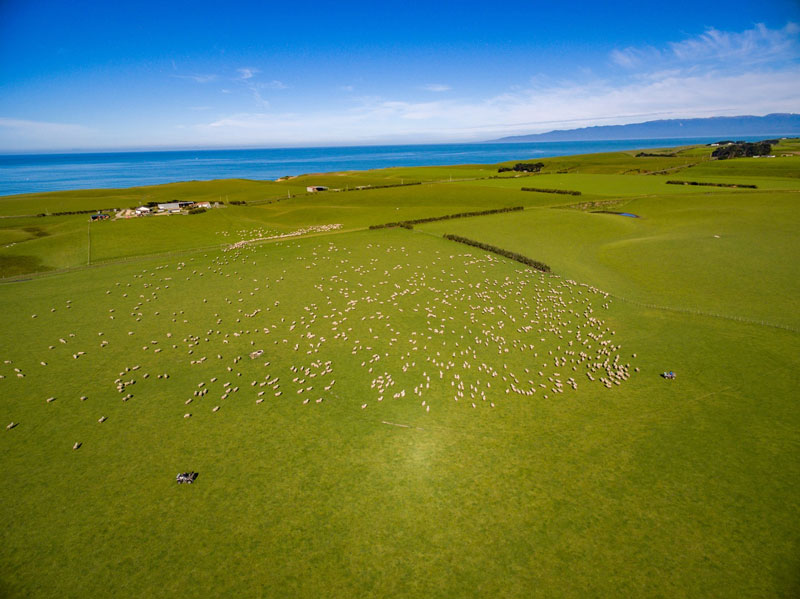Land use
One of Southland’s greatest strengths is its land. The primary sector makes up a significant share of Southland’s economic activity and employment. Both existing regional strategies and just transition engagements have highlighted substantial local opportunities in the primary industries. The transition process will work with the sector to identify new industries and emerging markets to create high value businesses and job opportunities.
The primary industries have the potential to create opportunities in the short-term for affected workers and firms, mitigating the economic impact of NZAS’s potential closure. Southland’s just transition process is also a chance to align primary sector investments with national and regional environmental and emissions reduction ambitions.
Key early opportunities in Southland include low-emission plant-based foods – such as alternative milks – and improving the productivity and sustainability of the region’s forestry sector.
What’s being done?
Thriving Southland is leading and delivering a research project, in collaboration with Great South, to identify how the primary sector can support Southland’s long–term transition. Key outputs of this work will be identifying emerging markets and opportunities to secure decent, high-value work aligned with the wider just transition. The project will also highlight what changes are required to incentivise the sector to seize these opportunities, and how government can work with the sector in its transition.
This work interacts with the other just transition work streams, particularly long-term planning. Thriving Southland will ensure the report aligns with other work being done through the transition.
